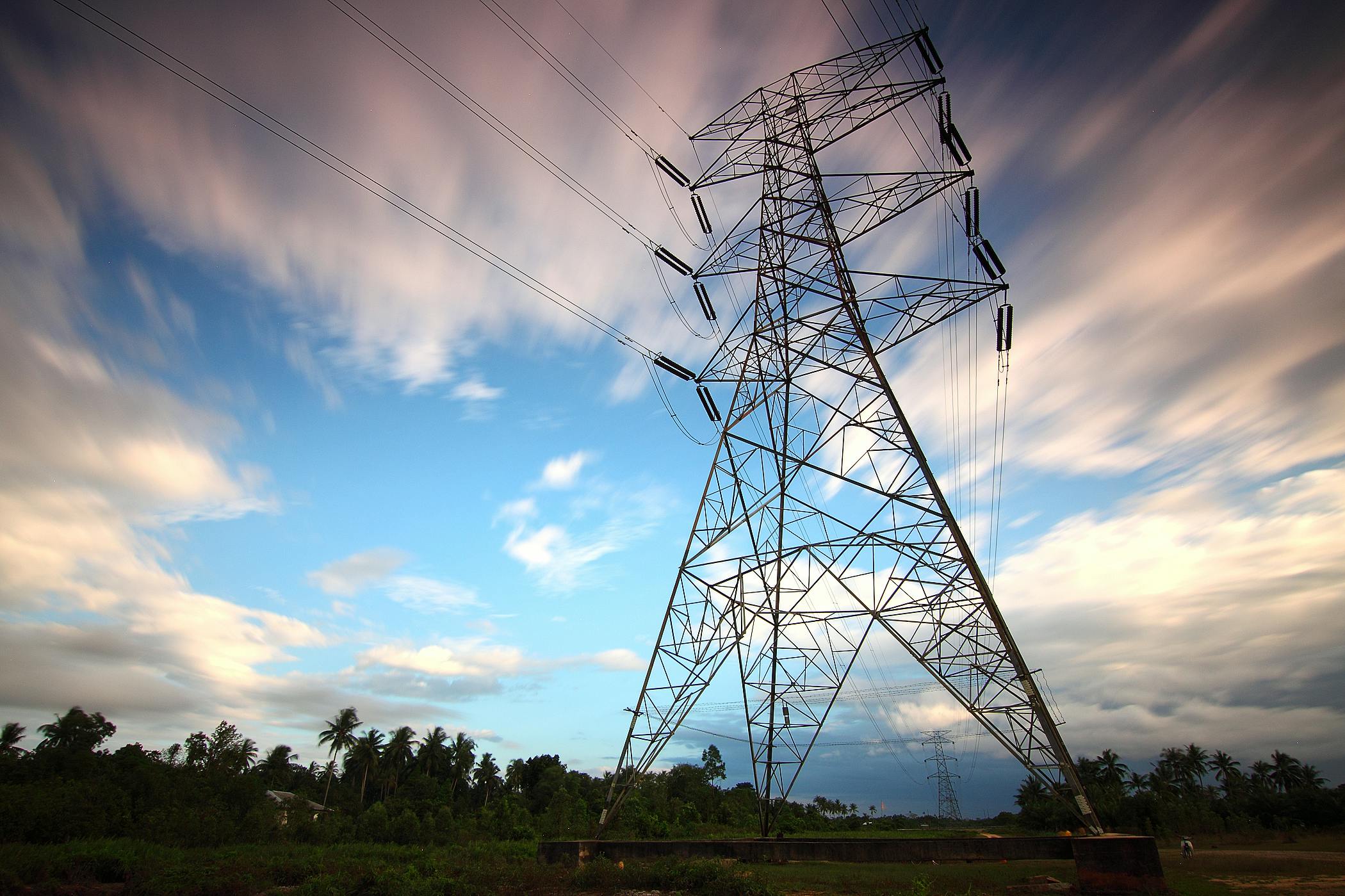Maine Regulators Reject Plan to Report High Electricity Usage to Law Enforcement
LOS ANGELES- Maine’s Public Utilities Commission has rejected a proposal that would have allowed electric utilities to report high electricity usage to law enforcement as a possible indicator of illegal cannabis cultivation. The measure, proposed by Versant Power, aimed to assist law enforcement by flagging unusual electricity consumption patterns that could be linked to illicit grow operations.
Versant Power argued that it has a high success rate in identifying illegal cannabis grows based on electricity usage data. However, under current regulations, the company can only share this information with law enforcement if it receives a subpoena. In filings with the Commission, Versant noted it has responded to subpoenas for approximately 50 suspected grow locations.
The Commission’s decision centered on concerns regarding customer privacy. Commissioner Patrick Scully stated that identifying illegal activities should remain the responsibility of law enforcement, not utilities. “I do not believe it’s the role of a utility to make such reports on its own initiative,” Scully said. He added that relying solely on usage data could expose law-abiding customers to unwarranted investigations.
The state’s public utility advocate and Central Maine Power also opposed the proposal. Critics emphasized that the initiative could result in wrongful targeting of customers engaged in lawful activities that require high energy consumption.
A spokesperson for Versant Power said the proposal was driven by concerns over public and worker safety and was intended to expedite the communication process between utilities and law enforcement regarding suspected illegal cannabis operations. Following the decision, the spokesperson emphasized that the utility would continue to protect customer privacy while complying with law enforcement requests as mandated.
Supporters of the proposal included Somerset County Sheriff Dale Lancaster and Republican Senator Susan Collins, both of whom have highlighted the challenges in addressing illegal cannabis cultivation in rural areas. Despite the support, the Commission’s unanimous decision underscores the priority placed on consumer privacy and the separation of responsibilities between utilities and law enforcement.
The proposal was part of a larger package of regulatory changes, most of which were approved, but the specific provision for reporting high electricity usage was ultimately rejected.



































